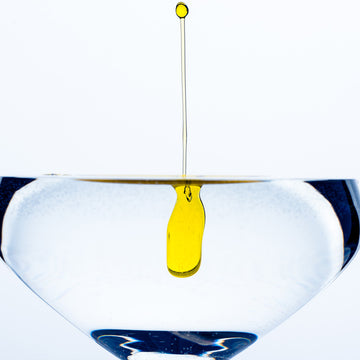
Benzisothiazolinone: A Biodegradable Preservative for Eco-Conscious Formulations
In the world of personal care and cleaning products, preservatives play a crucial role in maintaining product integrity and safety. Benzisothiazolinone is an innovative, biodegradable preservative that offers effective protection while aligning with eco-friendly formulation goals.
What is Benzisothiazolinone?
Benzisothiazolinone is a water-soluble, broad-spectrum preservative. It belongs to the isothiazolinone family of compounds and is known for its efficacy against a wide range of microorganisms, including bacteria, yeasts, and molds.
How is Benzisothiazolinone Made?
This preservative is synthesized through a carefully controlled chemical process. The exact manufacturing details are proprietary, but the process generally involves the reaction of specific organic compounds to create the benzisothiazolinone molecule.
What Does Benzisothiazolinone Do?
Benzisothiazolinone offers several benefits in product formulations:
- Broad-spectrum antimicrobial activity: Effectively inhibits the growth of various microorganisms.
- Low use levels: Provides preservation at relatively low concentrations, typically 0.01-0.1%.
- Stability: Maintains efficacy across a wide pH range and in various product types.
- Compatibility: Works well with many other ingredients commonly used in personal care and cleaning products.
- Biodegradability: Breaks down more readily in the environment compared to some traditional preservatives.
Safety Profile of Benzisothiazolinone
When used as directed, Benzisothiazolinone is considered safe for use in personal care and cleaning products:
- Regulatory approval: Accepted for use in various countries, including the EU and USA, under specific conditions.
- Low environmental impact: Its biodegradable nature reduces long-term environmental concerns.
- Non-formaldehyde releasing: Unlike some preservatives, it does not release formaldehyde.
However, as with any preservative, some individuals may experience sensitization or allergic reactions. It's important to follow recommended usage levels and include appropriate labeling on products containing this ingredient.
Applications of Benzisothiazolinone
This versatile preservative finds use in a wide range of products, including:
- Liquid hand soaps and body washes
- Shampoos and conditioners
- Household cleaning products
- Laundry detergents
- Industrial and institutional cleaners
- Paints and coatings
Environmental Considerations
Benzisothiazolinone aligns well with eco-conscious formulation goals:
- Biodegradability: Breaks down more readily in the environment than some traditional preservatives.
- Lower use levels: Requires smaller amounts for effective preservation, potentially reducing overall chemical load.
- Formulation flexibility: Allows for the creation of more natural and eco-friendly product formulations.
In summary, Benzisothiazolinone offers formulators an effective, broad-spectrum preservative option that supports the development of more environmentally friendly products. Its efficacy at low use levels, coupled with its biodegradable nature, makes it a valuable tool in creating safer, more sustainable personal care and cleaning formulations.


